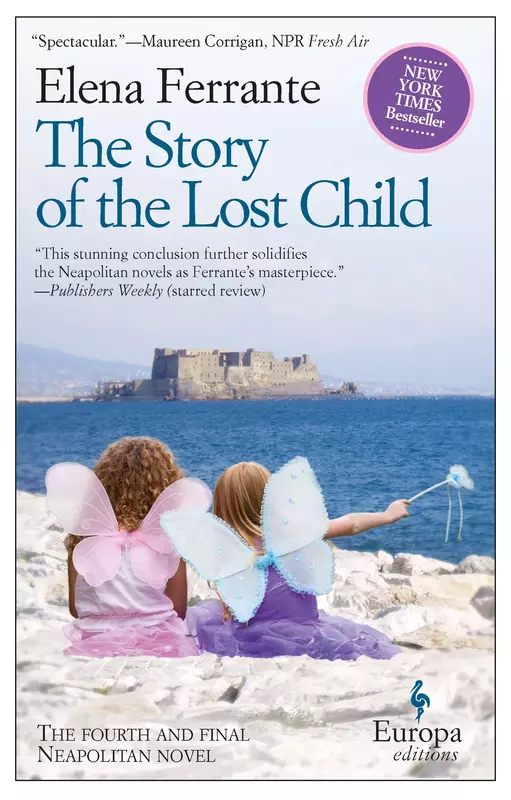This post may contain affiliate links. Read more here.
Note: Be advised that there are spoilers ahead, obviously, so be entirely sure you want to continue reading.
Elena Ferrante’s “The Story of the Lost Child” is the riveting conclusion to the Neapolitan Novels, a powerful and emotionally charged tetralogy that follows the lives of two friends, Elena and Lila, from their childhood in a poverty-stricken neighborhood in Naples, Italy.
This acclaimed series has enthralled readers worldwide, chronicling the tumultuous lives and enduring friendship of Elena Greco and Lila Cerullo against the backdrop of Naples. In this final installment, we witness the culmination of their journeys as they confront love, loss, ambition, and the complexities of female relationships.
In this blog post, we will explore the enigmatic ending of “The Story of the Lost Child,” also known as “My Brilliant Friend” book four. We will shed light on its key themes, character resolutions, and the profound impact it leaves on the reader.
The Story of the Lost Child by Elena Ferrante
Ending Explained
In this final part of the novel, Elena and Lila are in the later stages of their lives. Lila has suffered the mysterious disappearance of her daughter Tina, which leaves her in a state of continuous torment, as she cannot let go of the thought that Tina might still be alive and searching for her.
Lila exists in a state of ambiguous loss, oscillating between hope and despair, unable to mourn properly without closure. Elena becomes aware of the grief that consumes Lila, and this further strengthens her belief that her role is to prevent her friend from vanishing completely.
Elena continues to be obsessed with Lila’s untapped potential as a writer. Lila is secretly writing a masterful work about Naples, and this both excites and worries Elena.
She fears that Lila’s potential work will overshadow her own writing and that she will be left in the shadow of her brilliant friend once again. Elena attempts to control the narrative, imagining the contents of Lila’s text and composing it in her own mind, even though Lila denies its existence.
Throughout their old age, their children have grown and made their own lives. However, Lila continues to exert a magnetic force on Elena’s children. Elena’s daughters remain preoccupied with Lila and her son Gennaro, demonstrating the lasting impact of Lila’s influence on their lives.
The girls find themselves drawn into Lila’s orbit, but it is only when they definitively break away from Naples and align themselves with their fathers that they avoid the destiny of alienation that befell Elena and Lila.
The broader context of the novel shows the eradication of the Solaras, a corrupt crime family that had intimidated and threatened the neighborhood for years.
However, the corruption that plagued their lives is depicted as a multi-headed beast, existing in various forms, including Guido Airota and Nino. Elena’s realization of this complexity underscores the fact that life and its complications continue even in old age, as people lose the power structures that once defined their youth.
The novel ends with a poignant image that echoes the beginning of the first book, “My Brilliant Friend,” where Elena learns that Lila has disappeared and erased all traces of herself.
Lila is compared to the Roman goddess Persephone, who was taken away by Hades, causing her mother Ceres to mourn and turn six months of the year into winter. Lila, too, lives in expectation of her daughter Tina’s return, and the final image depicts them returning together, Lila old, and Tina as a grown woman.
Final thoughts
The ending of My Brilliant Friend book four leaves us with a sense of reflection on the intricacies of human nature and the choices that shape our destinies. Elena Ferrante’s masterful storytelling captures the essence of the human experience, unearthing the raw emotions and complexities that define our lives.
As we close the chapter on the Neapolitan Novel quartet, we are left with a profound appreciation for the timeless themes explored within its pages.
Elena and Lila’s journey through life, love, and loss will continue to resonate with readers for generations to come, solidifying Elena Ferrante’s place as a literary genius and leaving us eagerly anticipating her next literary masterpiece.
Happy reading! ❤️
